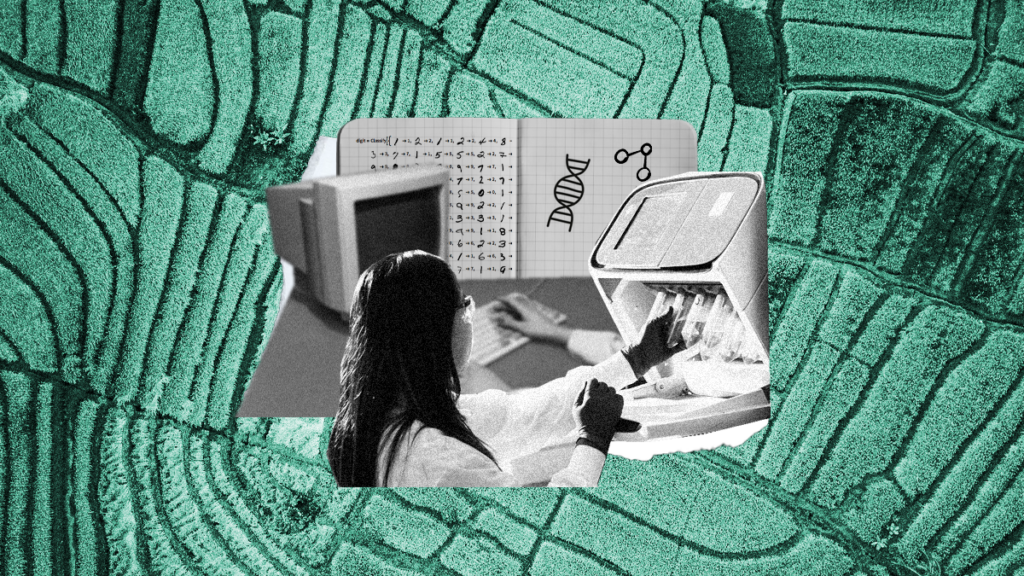Editorial: Proudly Nonprofit
It is vital that scientists engage in discussions about open access because publishing is rapidly changing, and at the moment, there are no certain outcomes in the long run.
Send us a link
It is vital that scientists engage in discussions about open access because publishing is rapidly changing, and at the moment, there are no certain outcomes in the long run.
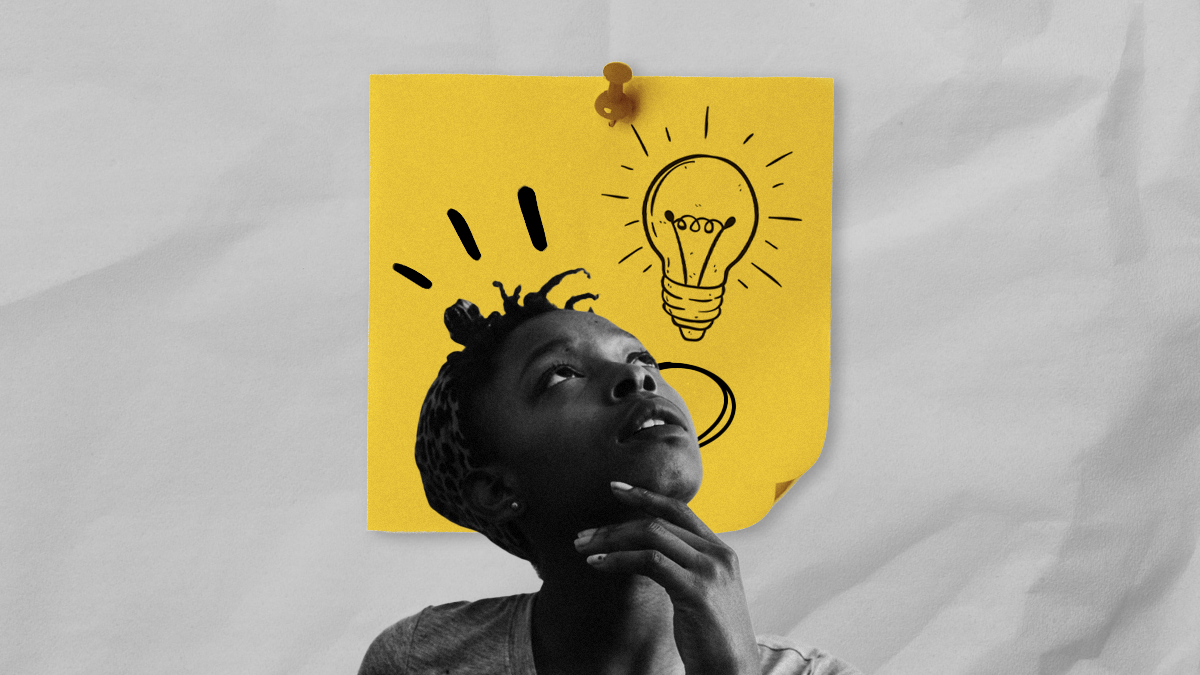
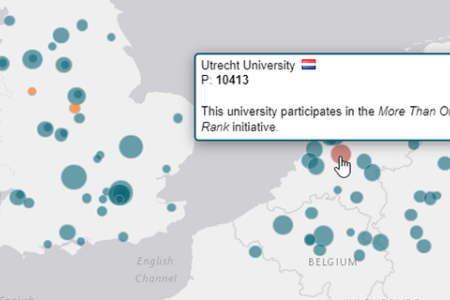
A decade ago, University of Virginia psychology professor Brian Nosek cofounded an unusual nonprofit, the Center for Open Science. It’s been a cheerleader, enabler, and nagger to convince scientists that making their methods, data, and papers available to others makes for better science.

Forward-looking, democratically oriented governance is needed to ensure that human genome editing serves rather than undercuts public values.

For decades, communities have had little access to scientific information despite paying for it with their tax dollars. To bring open science into the mainstream, we need creative policy solutions - and your help to create them.

During the coronavirus disease 2019 pandemic, Facebook began to remove vaccine misinformation as a matter of policy. This study evaluated the efficacy of these policies using a comparative interrupted time-series design.
A UN report prepared by a group of independent experts calls for governments to tackle the climate and sustainable development crises together, to maximize the impact of policies and actions.
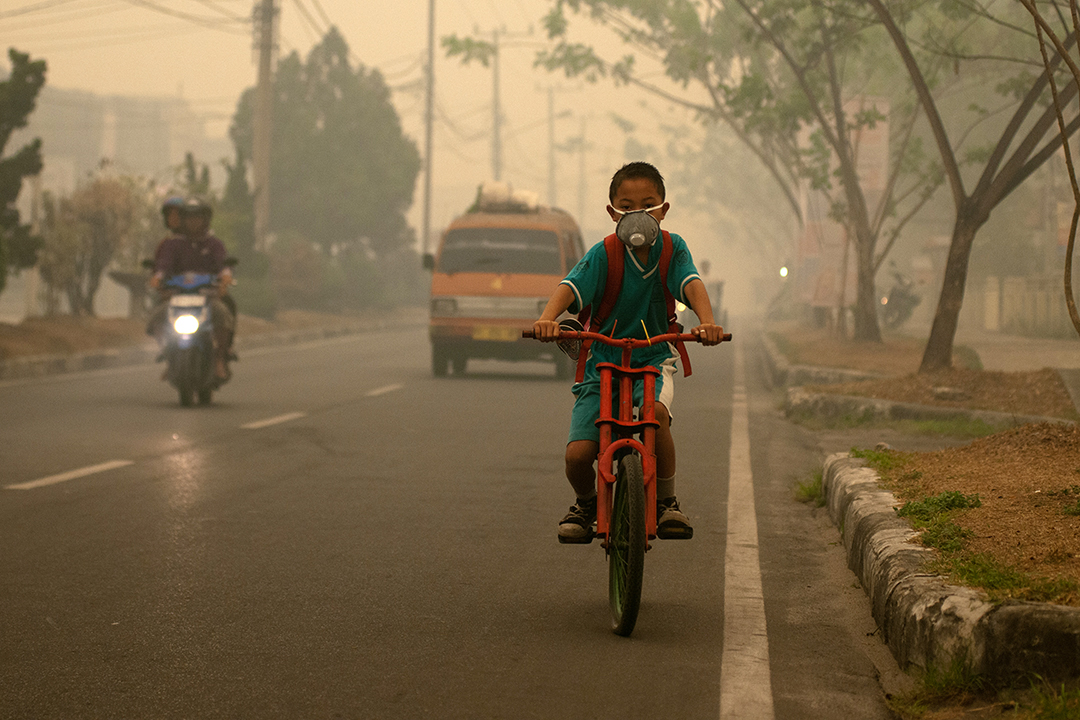
A joint statement summarizes insights from the first-ever Science Day held to accelerate progress on the SDGs.

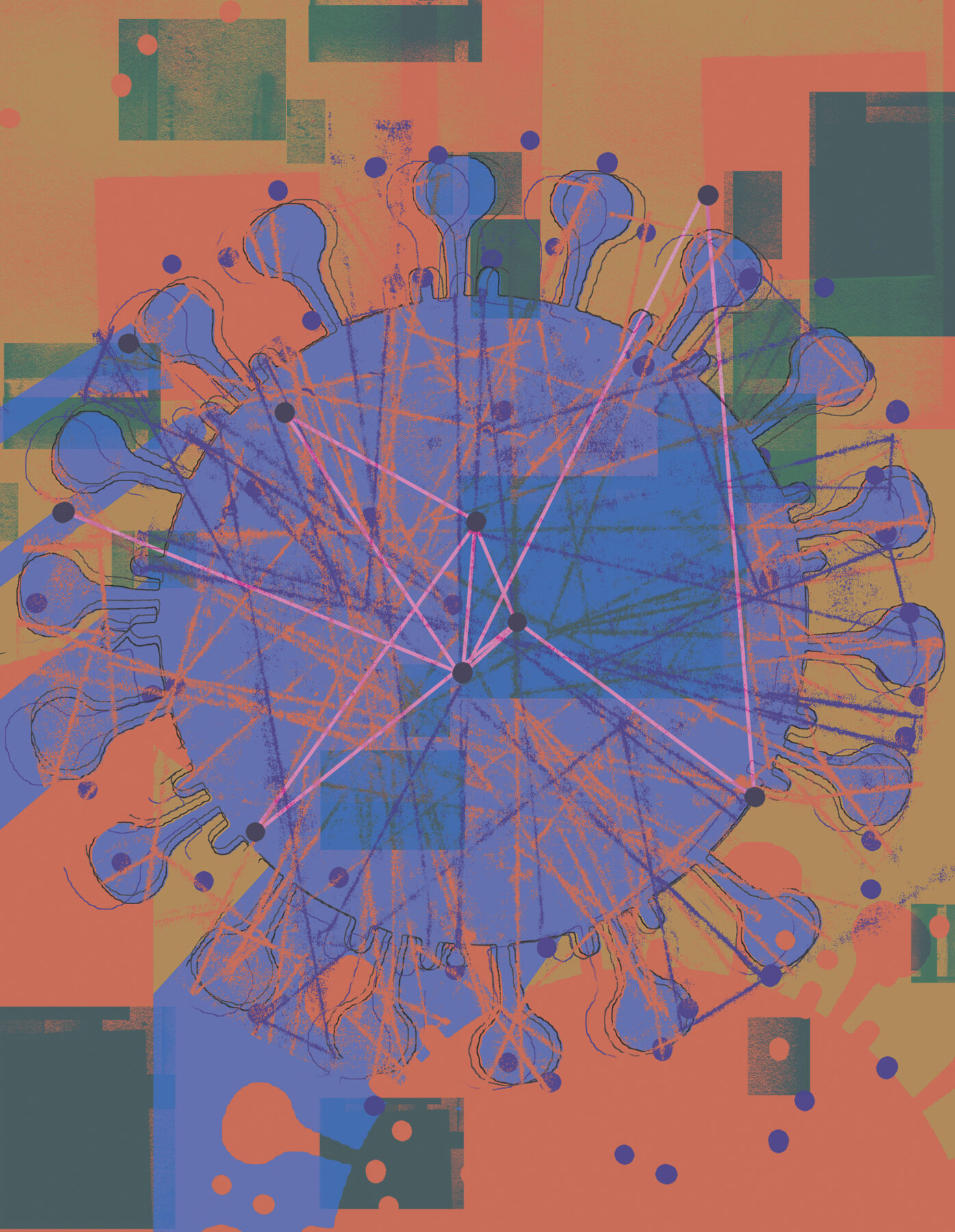



There are important differences in how countries treat and value data. This report compares key data policies in China, India, Singapore, the United Kingdom, and the European Union.
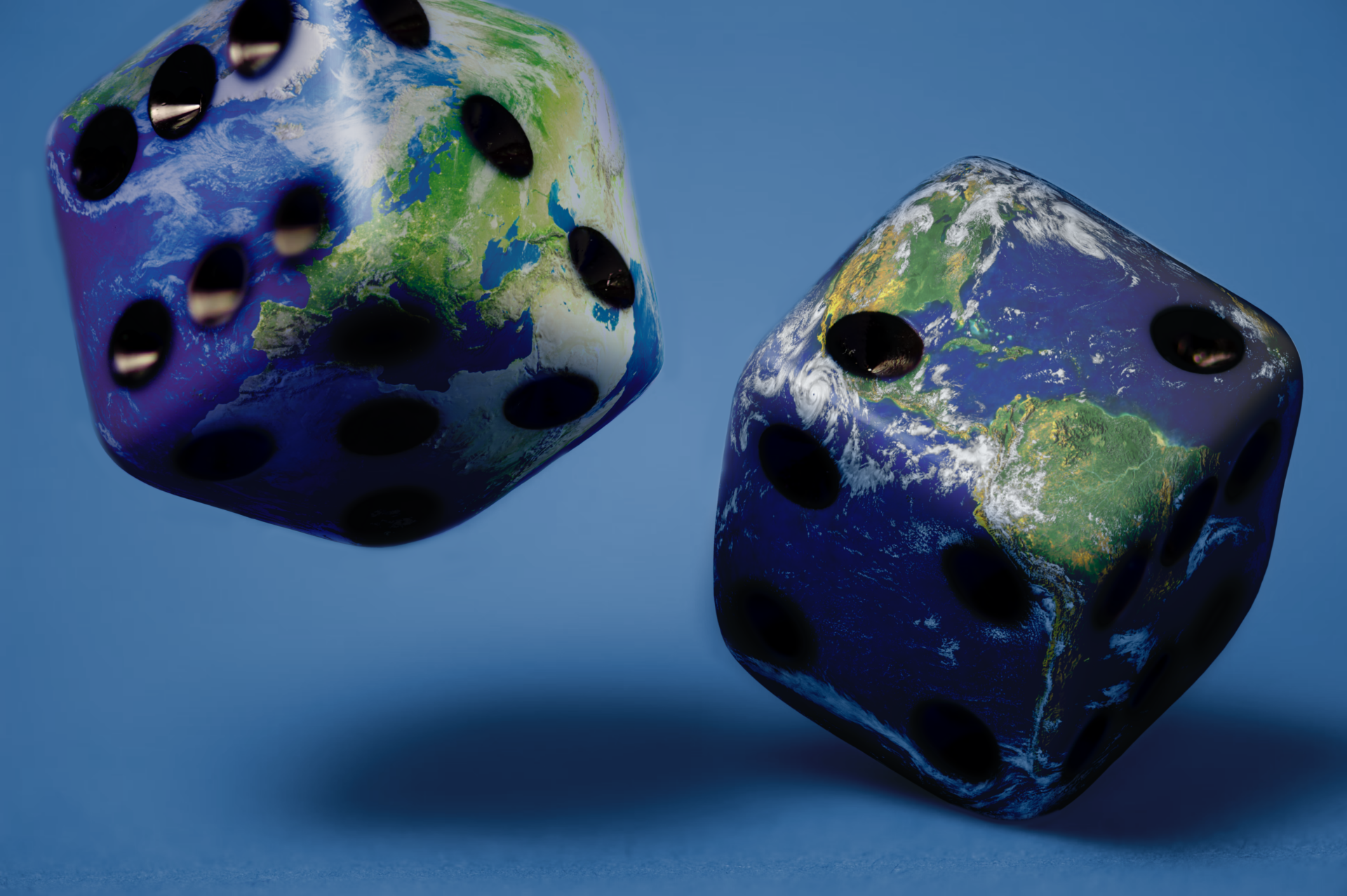
Five years after launching, the Plan S open-access initiative must retain its founding principles.
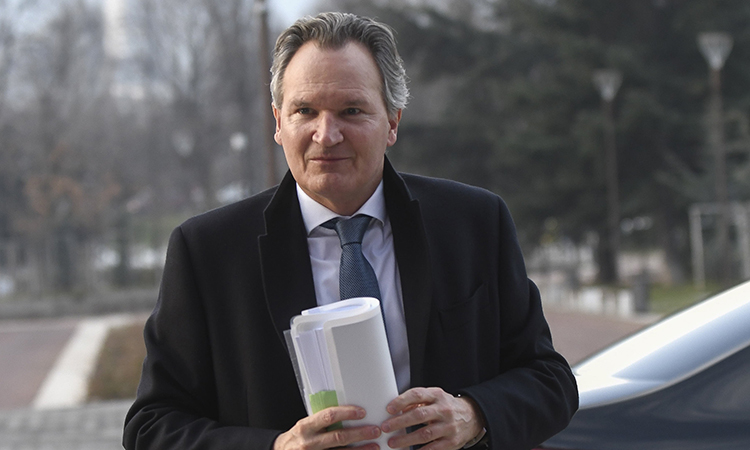
Austria's Martin Polaschek pushes for move to combat public scepticism.
Rising tensions between the United States and China could derail the renewal of a 44-year-old agreement on scientific cooperation between the two countries. Last week, U.S. President Joe Biden invited China to spend the next 6 months discussing changes to the broad agreement, first signed in 1979, that enables joint research.
The German U15 group of research-intensive universities has signed a long-term agreement to support closer ties between researchers and universities at its Canadian counterpart, U15 Canada.
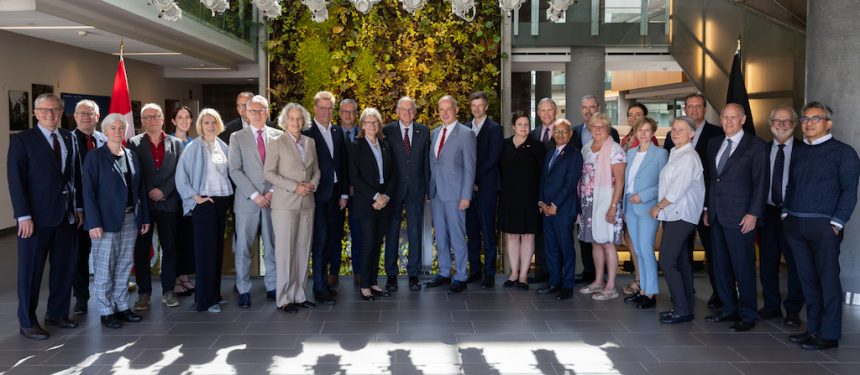
In March 2023, the Chinese government issued the “Reform Measures of the Party and State Organizations,” which included the establishment of the Central Science and Technology Commission (CSTC).

The economists say more frequent use of up-front experiments would result in more effective environmental policymaking in areas ranging from pollution control to timber harvesting across the world.
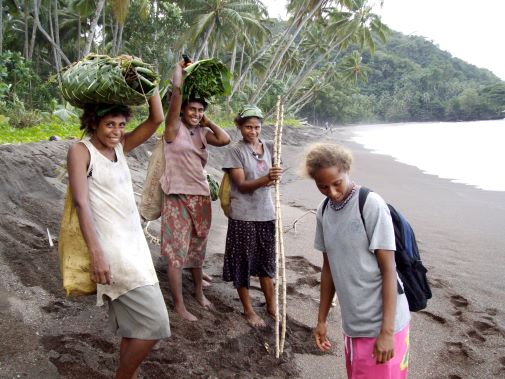
The assault of Israeli government on democratic institutions and principles is an imminent threat to Israeli academia, which relies on a solid democratic foundation.


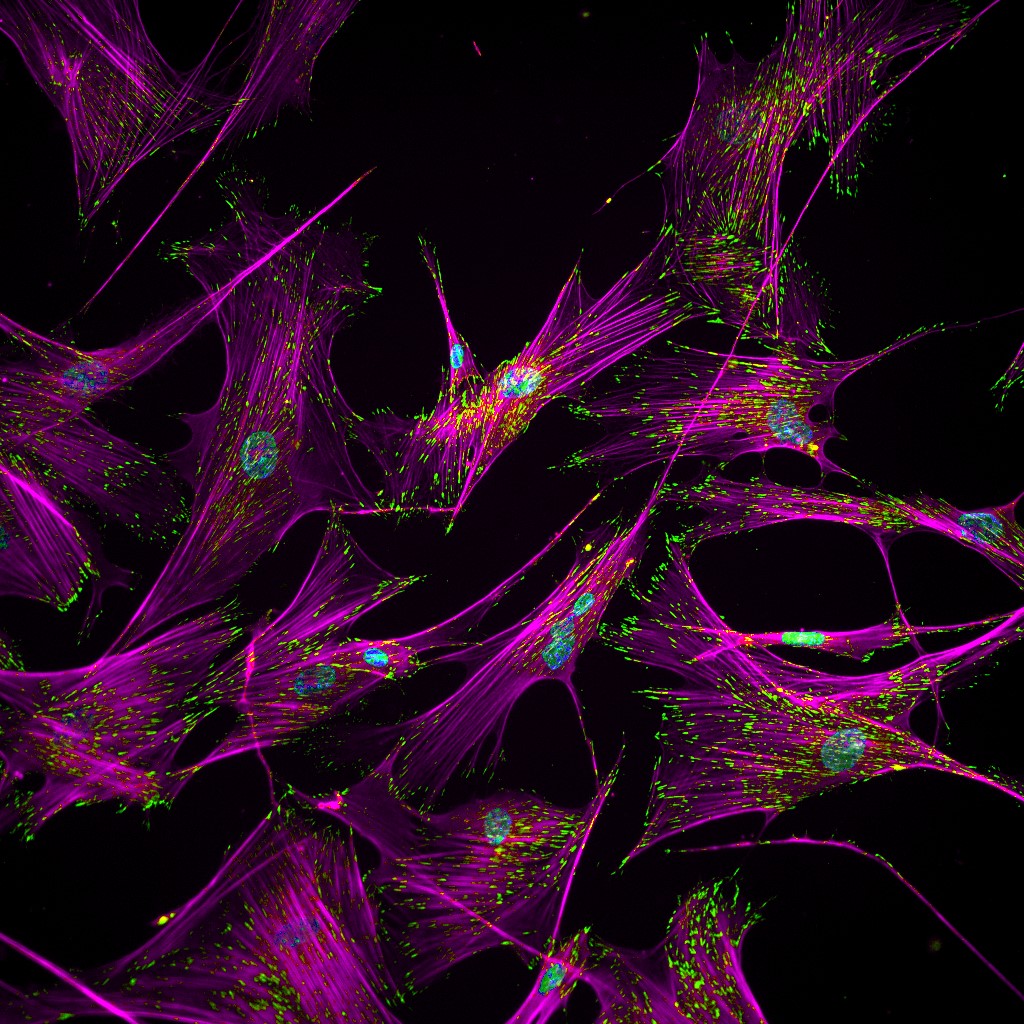
Many researchers of color are at a disadvantage when applying for postdoctoral positions. That’s one of the main findings of a new study of 22,098 applications for 769 scientific postdoc positions at nine U.S. universities.
